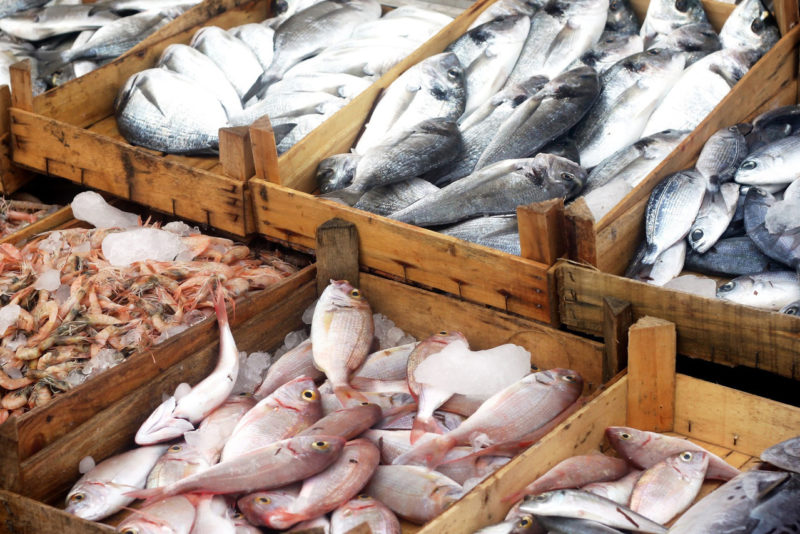With the coronavirus being spread around the world and nations reacting to this threat in many different ways — from doing nothing, to closing the borders and full quarantines — the unintended effects of such government actions have yet to be fully felt.
Granted the stock market has lost 30 percent in value in just three weeks’ time, the average American really doesn’t feel that unless he is living on his investment returns.
With the closing of schools, and restaurants and any places of public gatherings, an enormous crisis is being created. Many people are being put out of work, and some of them may not have a business to come back to when the crisis is over. The coronavirus may topple an empire if we let it.
How? By exposing our self-inflicted dependence on foreign imports by every major industry in our country.
Years ago, the problem was our dependence on imported oil from the Middle East. That problem was based on cost of production — it was cheaper to import oil than to produce our own oil. As oil prices rose, and fracking technology advanced, we have reached a point where we have energy independence — although it is based on fossil fuel, and not fissionable fuel.
In regard to almost every other industrial production, be it agricultural, pharmaceutical, manufacturing or whatever, our own companies have sold their soul to short-term profits. We are at the mercy of foreign companies and governments for many of our essential items, and it was our politicians of both parties that sold us out.
Politics aside, how is the coronavirus affecting the U.S. seafood industry? First let’s expose the government's dirty secret: The Magnuson Act was established in 1976 to protect and promote the U.S. fishing industry, both commercial and recreational. U.S. seafood consumption is now represented by 90 percent imports. Before the Magnuson Act, U.S. seafood production represented 90 percent of domestic consumption.
That’s a swing that cannot just be explained away as market conditions. This was a political decision of the highest order that placed a historical industry in the cross-hairs of short-term investors who made more money buying foreign futures than if they invested in an actual U.S. business. That is what has happened to every major industry in this country, multinational interests gain control of corporations, or distribution of products, with the only goal being short-term profits.
Since they are multinational, they have no allegiance to any flag except the dollar sign (or yen).
The East Coast U.S. fishing industry is primarily a fresh-fish market. Scallops and lobsters are being hit hard by the slowdown in international trade, and also the closure of U.S. restaurants. But at least those products can be either frozen or kept alive in tanks.
There is no such safety valve for the fresh fish market of flounders, scup, black sea bass, monkfish and more. I mentioned that 90 percent of U.S. seafood is now imported. Well the other 10 percent is caught fresh domestically under strict sustainable management measures that have brought many of our species back to levels that have never been observed before.
At this moment, buyers at Hunts Point in New York City, one of the largest fish distributing markets in the world, are advising fishermen and docks not to send them any more product. There are no buyers. They cannot guarantee that they can be paid for their efforts. There are no buyers, because the government has shut down restaurants, where the majority of U.S. seafood consumption takes place.
Very few people eat seafood if they have to prepare it, no matter how simple that preparation may be. Consequently, with no demand from restaurants, there are no buyers for the fresh fish coming in every day from local U.S. fishermen, and these fish have a short shelf life, so they are very susceptible to spoilage and loss of product sale at some level.
Guess who is expected to take that loss? Either the fishing boat that caught it or the dock that packed and shipped those fish for market, as they have safely done for years. There is, in a matter of days, a crisis situation on the fresh fish market of the United States that could, if not addressed promptly, destroy the domestic fishing industry.
Seafood wholesalers will default on their prior bills and take down numerous suppliers down the food chain, resulting in unloading facilities going bankrupt and then the boats and their support industries throughout the community. We will then be totally dependent on foreign interests for our seafood.
The U.S. government needs to immediately address this coming catastrophe and do everything possible to keep the U.S. production of fresh seafood viable by declaring a national disaster and prioritizing the U.S. production and distribution of our seafood over any other supply of seafood for our nation.
If you cannot feed yourselves, then don’t think you can feed others. If we are reliant on foreign sources for our food supply, then we might as well surrender right now under the best terms available.
Damn the torpedoes, fresh fish ahead! Call your representatives and senators. Ask what they are going to do to help this industry. Fish on!







